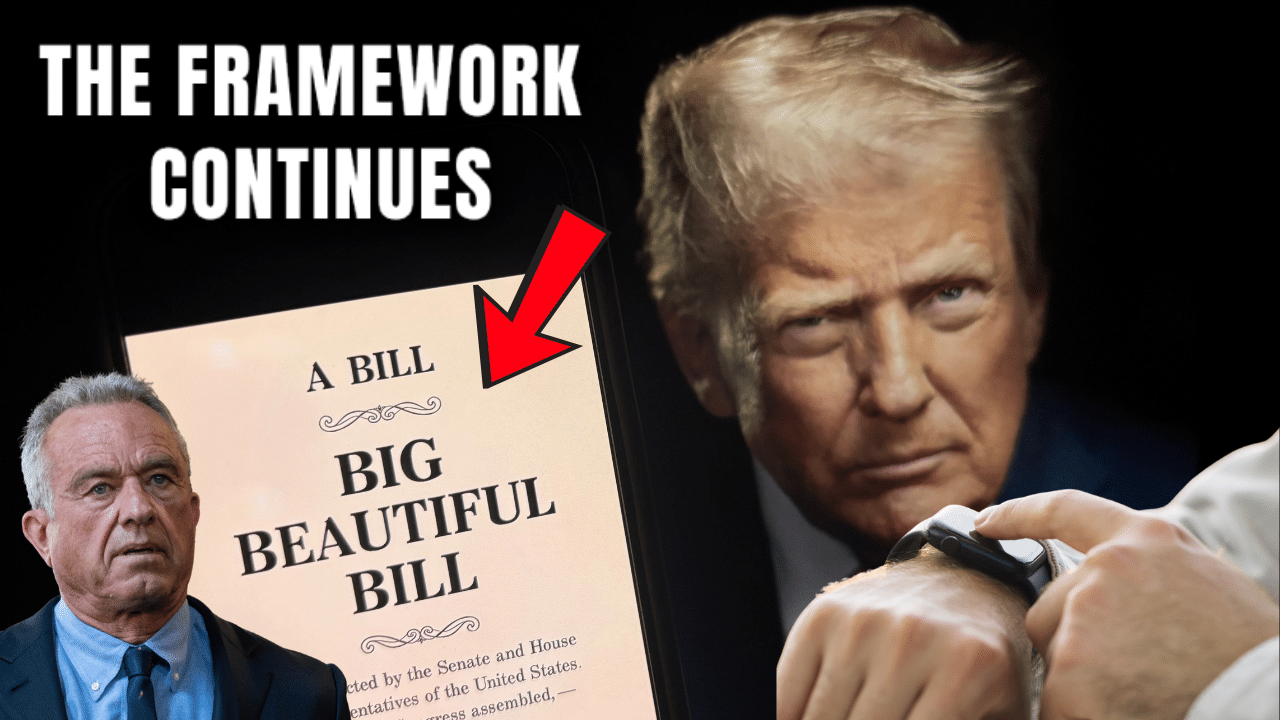(OPINION) Ford CEO Jim Farley has expressed significant concerns over President Donald Trump’s proposed 25% tariffs on imports from Mexico and Canada, warning that such measures could have devastating effects on the U.S. auto industry.
Speaking at a Wolfe Research conference, Farley stated that while the administration aims to strengthen domestic manufacturing, the immediate impact has been “a lot of cost and a lot of chaos.”
Farley emphasized that if these tariffs are implemented long-term, they could “blow a hole” in the industry, providing a substantial advantage to foreign competitors from South Korea, Japan, and Europe, who would not be subject to these tariffs.
He noted that approximately 30% to 50% of parts in vehicles sold in the U.S. are sourced from Mexico and Canada, and the additional costs would likely lead to higher vehicle prices for consumers.
Despite Ford’s strong U.S. manufacturing base—80% of its vehicles sold in the U.S. are produced domestically—the company is still bracing for potential impacts.
Farley mentioned that Ford is exploring ways to build up inventory to mitigate the effects of the tariffs. He also criticized the selective nature of the tariffs,
pointing out that they do not apply to imports from countries like South Korea and Japan, potentially giving those foreign automakers a significant advantage.
The tariffs, which were initially set to take effect in early February, have been delayed until at least March after Canada and Mexico announced border security measures.
However, the uncertainty has already caused disruptions in the industry. Farley warned that prolonged tariffs could lead to major financial pressures, job losses, and negative impacts on communities.
He also criticized the administration for not supporting the auto industry as promised.
In summary, while the intention behind the tariffs is to bolster U.S. manufacturing, industry leaders like Farley caution that the actual impact may be detrimental, leading to increased costs, market instability, and unintended advantages for foreign competitors.










